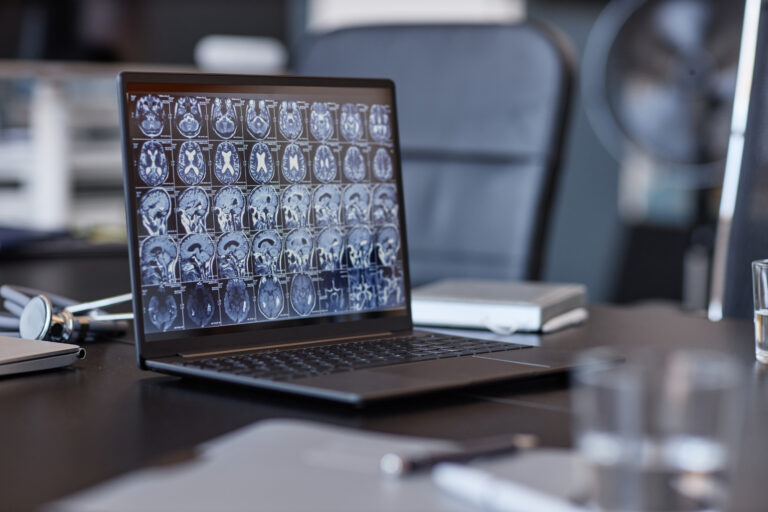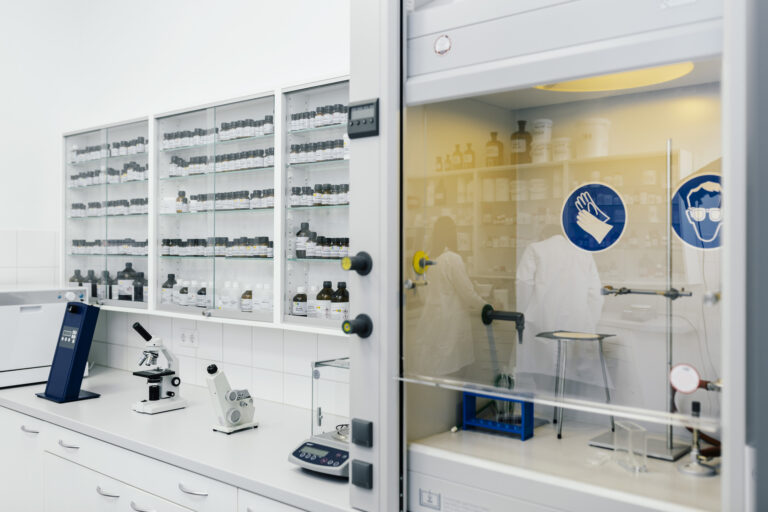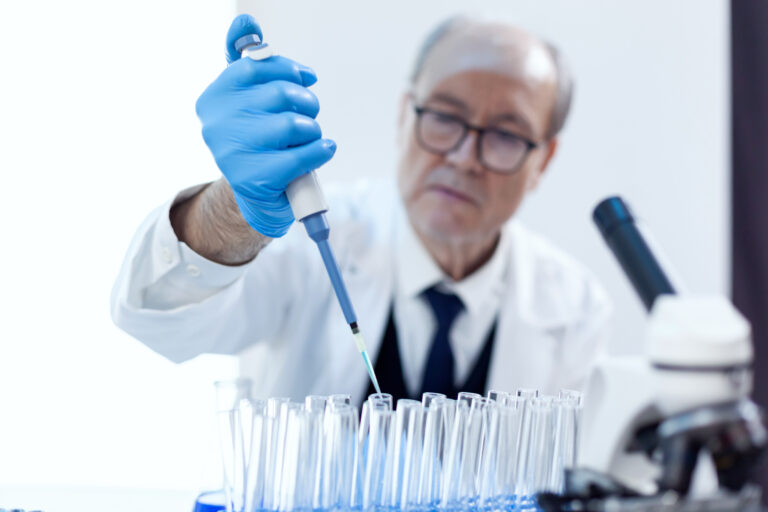ALTUS: A Study to Help Find Liver Cancer Early
This trial is looking at a new blood test to help find liver cancer early. It is written in simple language to help you understand. As a patient advocate, I know it’s important for you to feel informed and supported. Let’s go over who can join, what happens in the study, and the possible benefits and risks.
Who Can Join the Trial?
The ALTUS trial is for adults who have a higher chance of getting liver cancer. It is not open to everyone, only to certain patients. You may qualify for this study if you:
- Have serious liver scarring, called cirrhosis, from liver disease. (Cirrhosis means the liver has a lot of scars from being sick for a long time.)
- Or you have a long-lasting hepatitis B infection. Hepatitis B is a virus that can hurt your liver over many years.
Doctors chose these groups because they are at higher risk for liver cancer. If you are in one of these groups, you usually get regular liver check-ups. For example, many patients get an ultrasound scan of the liver every six months to look for cancer.
Some people cannot join this trial even if they have liver problems. For instance, you cannot join if you have had another active cancer in the last few years (except certain skin cancers) or if your liver disease is very advanced(too sick). This is to keep you safe. The study is meant for people who are at risk of liver cancer but are otherwise stable in their health.
Tip: If you’re not sure if you qualify, you can ask your doctor. They can check the detailed rules of the study for you.
Where is the Trial Happening?
This trial is taking place at many hospitals and clinics across the United States. There are sites in multiple states such as Arizona, California, Florida, New York, North Carolina, and more. In total, there are over 50 locations involved, so there may be one near you.
Each location has a team of doctors and nurses running the study. You would go to one of these study clinics for your visits. For example, some big medical centers (like Duke University in North Carolina, Stanford in California, and others) are part of this trial. There are also some Veterans Affairs (VA) hospitals and local clinics included.
No matter which location you choose, the study steps are similar (we will explain those next). All sites are currently looking for patients to join, which means the trial is recruiting volunteers now.
How Can Patients Join?
If you think this trial might help you, talk to your doctor or liver specialist. They can contact the study team for you. You can also reach out yourself by finding a study site near you. Each location in the trial has a phone number or email for a study coordinator. These contacts are usually listed on the clinical trial website.
One easy way is to visit the official trial page on ClinicalTrials.gov and search for the ID NCT05064553. There you will find contact information for the locations. You or your doctor can call the study clinic and say you are interested in the ALTUS liver cancer detection trial. The study staff will then ask you some questions to see if you qualify. They might ask about your liver condition and your medical history. If you do qualify, they will help schedule your first appointment.
Remember: Joining a trial is completely voluntary. Even after you contact them, you can decide not to join if you change your mind. It’s important to do what feels right for you.
What Happens in the Trial?
This trial is trying out a new blood test (sometimes referred to as the **Oncoguard® Liver test) to see if it can find liver cancer early. Here is what will happen if you join:
- You will continue your regular liver check-ups. So if you usually get an ultrasound scan to look for liver tumors, you will still get that. The trial does not replace your normal care – it adds to it.
- You will have some extra blood tests. The blood sample will be used for the new experimental test. This test looks for markers in your blood that might signal liver cancer.
- You will also get a detailed scan of your liver, like a CT scan (a special kind of X-ray) or sometimes an MRI. This is done to double-check for any tumors. In fact, in this study you get a CT scan within about 30 days of one of your routine ultrasoundsduke-research.dukehealth.org. The CT/MRI gives a clear picture of your liver to confirm if there is cancer or not.
- You will need to visit the study clinic a few times. There are about 3 clinic visits over roughly 8 months as part of the studyduke-research.dukehealth.org. This includes the visits for blood draws and scans.
- The researchers will also ask for permission to look at your medical records related to your liver. This helps them collect important information (for example, results of your past liver tests).
During each visit, the staff will tell you exactly what will happen next. They will draw your blood (usually from your arm, like a normal lab test) and perform any scheduled scans. They will also ask how you are feeling. The study might go on for several months for each person, because they want to see how the new test works over time (for example, at the start and at a 6-month check).
Importantly, if any test finds something concerning, the doctors will inform you right away. If an ultrasound or the blood test or CT suggests you might have cancer, you will get follow-up care. This could include more tests or seeing a specialist for treatment. Your health and safety come first. The study team will make sure you get proper medical attention if needed.
Possible Benefits of Joining
Joining a clinical trial can have benefits, even though we cannot promise any specific outcome. Here are some possible good things about the ALTUS trial:
- Early Detection: You might benefit from extra monitoring. The new blood test could find signs of cancer that an ultrasound might miss. If liver cancer is found early, it can often be treated and sometimes cured. Early treatment could save your life or improve your chances of a cure.
- Thorough Check-Ups: In this study, you are being checked with multiple methods (blood test and scans). This means your liver is watched very closely. Some patients feel peace of mind knowing that nothing is being overlooked.
- Access to a New Test: You will get access to a new cutting-edge blood test before it is widely available. This test is not part of standard care yet. By joining, you are helping to see if this test could become a new standard for everyone in the future.
- Expert Care: Trials are run by specialists and experienced doctors. You may get care at a top hospital or clinic. The staff will be very familiar with your type of condition (liver cirrhosis or hepatitis). Being in a trial often means you have a dedicated team following your case closely.
- Helping Others: Even if the new test doesn’t directly help you, your participation helps future patients. The information learned from this study could improve liver cancer screening for thousands of people at risk. Many patients find it rewarding to contribute to research that might save lives in the future.
- Possible Compensation: Some trial locations provide a small payment or reimburse expenses for participants. For example, one site notes that patients will be compensated for their timeduke-research.dukehealth.org. This is to thank you for helping with the research. (The details can vary by location, so you can ask the study staff about this.)
Overall, the trial offers hope that a simpler blood test might make liver cancer screening easier for patients one day. Instead of always relying only on ultrasound scans (which can be hard to schedule or less effective in some cases), a blood test could be a convenient tool. By joining, you become a partner in finding a better way to catch cancer early, which is a very hopeful goal.
Possible Risks and Downsides
Clinical trials also come with risks or downsides. It’s important to understand them so you can make an informed choice. Here are some things to consider about the ALTUS trial:
- No Guaranteed Benefit: The new blood test is experimental. It is not yet proven to work better than current methods. You might not personally benefit from it. It’s possible that it may not find a cancer you have, or it could give a false alarm when nothing is wrong. There is no guarantee that being in the trial will improve your health, although you still get standard care as well.
- Extra Procedures: As part of the study, you will have additional procedures like blood draws and a CT scan. Blood draws can cause a little pain or bruising where the needle goes in. A CT scan involves exposure to a small amount of radiation (because it is an X-ray test). One or two CT scans have a very low radiation risk, but it’s not zero. Also, sometimes scans or tests can show something that looks like cancer when it isn’t. Such false-positive results might lead to extra tests (for example, another scan or even a biopsy) to make sure everything is okaycancer.gov. This can cause stress or worry.
- Time and Travel: Being in the trial means you have to come for those 3 (or more) clinic visits. You might have to travel to the study site, which could be far if there isn’t one close by. These visits take time, and you may need to take off work or arrange transportation. The study does last around 8 months for an individual participant, so it’s a commitment over that period.
- Possible Side Effects of Procedures: The blood test itself is just a blood draw, so side effects are minimal (maybe slight dizziness or a bruise). The ultrasound is non-invasive and safe. The CT scan might require an IV injection of a contrast dye to see the liver clearly. If so, there’s a small risk of an allergic reaction to the dye or effects on your kidneys. However, people with severe kidney issues or dye allergies are usually not allowed in the trial to avoid this risk. The study has rules to keep high-risk individuals out, which helps protect participants.
- Emotional Ups and Downs: Waiting for test results can be stressful. You might feel anxious each time you await your blood test or scan results. This is normal. The study team will be there to support you, but it’s something to be prepared for. Also, if a result suggests something, it can be scary even if it ends up being nothing. It’s good to have a support system (family, friends, or a counselor) to help with any anxiety during the trial.
The trial researchers have taken steps to minimize risks. For example, as mentioned, they screen out people who might have unsafe side effects (like those with very advanced liver failure or other serious illnesses). They will monitor you closely. If you feel uncomfortable at any point, you can talk to the doctors. You are free to leave the study at any time if you choose. Your regular medical care will continue regardless of your decision to stay in or leave the trial.
Making Your Decision
Deciding to join a clinical trial is a personal choice. It’s okay to have questions and even fears. As someone who has helped cancer patients for many years, I encourage you to weigh the pros and cons. Talk with your healthcare provider, and perhaps get input from family or friends you trust. The ALTUS trial aims to improve the future of liver cancer detection, and it needs volunteers to participate. It is designed with care to keep patients safe while testing a new idea that could make life better for people at risk.
In summary, this trial is for at-risk liver patients (like those with cirrhosis or hepatitis B) to try a new blood test along with standard scans to find liver cancer early. It is available in many locations. If you join, you will continue your normal check-ups plus have a few extra tests (blood draws and scans) over several months. The potential benefit is catching cancer early and helping future patients, while the risks include some additional procedures and the possibility the new test may not be better.





